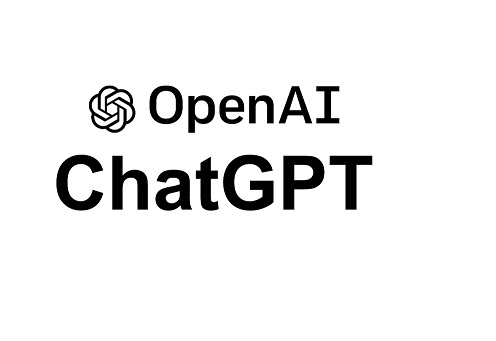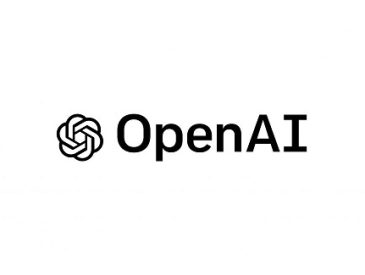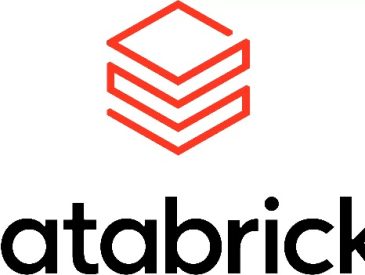Like a ripple in a calm lake, OpenAI’s recent game-changing price drop and GPT-4 fix have sent waves of anticipation and curiosity throughout the AI community. As developers eagerly await the details, this significant update promises to reshape the landscape of AI technology and its accessibility. With OpenAI’s reputation for innovation and cutting-edge advancements, the question on everyone’s mind is: what exactly does this mean for the future of AI?
Key Takeaways
- OpenAI has released new models and dropped the price of API access, primarily benefiting developers.
- The pricing change serves as a sign of future consumer options and demonstrates OpenAI’s commitment to retaining customers as open source models catch up.
- The industry standard model, GPT-3.5 Turbo, commonly used through ChatGPT, offers lower cost and faster performance than GPT-4 on many tasks.
- OpenAI is continuously improving its models and infrastructure, resulting in price reductions and incentivizing customers to stay.
OpenAI Responds to User Feedback by Overhauling ‘Lazy’ GPT-4 and Slashing Prices
OpenAI has recently made headlines with its decisive action in response to user feedback concerning its latest AI model, GPT-4. The company has not only addressed the issue of the so-called ‘laziness’ of the AI but also significantly reduced the cost of API access. These changes are set to affect a wide range of users, from individual developers to larger enterprises, indicating OpenAI’s commitment to improvement and accessibility.
New Models and Price Drop
OpenAI has introduced new models and significantly reduced the price of API access, signaling a promising development for developers and a positive shift in consumer options.
This move by OpenAI is primarily of interest to developers, as they can now access the API at a lower cost. The pricing change serves as a bellwether for future consumer options, as it demonstrates OpenAI’s commitment to making their technology more accessible.
With input prices dropping by 50% and output by 25%, developers can take advantage of the improved affordability. The model that most people interact with, GPT-3.5 Turbo, is commonly used through ChatGPT and is considered an industry standard. ChatGPT, being a popular API, provides a lower cost and faster alternative to GPT-4 on many tasks.
Price Reductions Create Opportunities
Perhaps equally notable is OpenAI’s decision to cut input prices by 50% and output prices by 25%, adjusting the costs to $0.0005 per thousand tokens in, and $0.0015 respectively (TechCrunch). This reduction in prices represents a substantial saving, particularly for heavy users of the platform and those who utilize these AI tools for large-scale projects.
Affordability can be a major barrier to entry when it comes to advanced technology like AI. By lowering these costs, OpenAI is broadening access to GPT-4, thereby fostering a more inclusive environment where smaller developers can innovate on equal footing with well-funded companies.
The Significance of Price and Performance Adjustments
These enhancements to GPT-4 come amid heightened discussion about the responsibilities of AI developers to address issues promptly and keep AI tools accessible. By listening to user feedback and acting upon it, OpenAI is demonstrating an agile approach to AI development and deployment.
Moreover, the adjustments to GPT-4’s pricing and performance have implications beyond mere cost savings and improved user experience. They represent a step towards democratizing AI, where more individuals and businesses can harness the power of these advanced models, potentially leading to increased innovation and new use cases across various industries.
Addressing GPT-4’s ‘Laziness’
The term ‘lazy’ in this context refers to the previous iteration of GPT-4, which some users reported as failing to complete tasks or exhibiting suboptimal performance in certain applications. This behavior was unexpected and not aligned with the standards and goals set by OpenAI for its generative models.
Taking these reports seriously, OpenAI has implemented updates to correct these issues. The updated “Turbo” preview model of GPT-4 is designed to be more responsive and efficient, ensuring that it completes the tasks it’s given more effectively. This fix is crucial for maintaining the trust and reliance users place in AI systems, especially in professional environments where accuracy and consistency are paramount.
GPT-3.5 Turbo and ChatGPT
With the introduction of GPT-3.5 Turbo and its integration into ChatGPT, developers now have access to a lower-cost and faster alternative for many tasks, marking a significant advancement from the previous models.
GPT-3.5 Turbo is considered an industry standard and is commonly used through the popular ChatGPT API. This new model offers improved performance and efficiency, making it a more attractive option for developers.
By utilizing GPT-3.5 Turbo, users can benefit from its lower cost and faster response times compared to previous models. This development provides developers with increased flexibility and affordability, allowing them to accomplish tasks more efficiently.
With OpenAI continuing to innovate and improve their models, the future looks promising for further advancements in language processing technology.
OpenAI’s Customer Retention Strategy
To retain customers and incentivize their continued use, OpenAI has implemented a steady reduction in prices, driven by model streamlining and infrastructure improvements.
This customer retention strategy aims to keep users engaged and satisfied with OpenAI’s services. By offering lower prices, OpenAI isn’t only making their offerings more affordable but also demonstrating their commitment to providing value to their customers.
The company’s focus on model streamlining and infrastructure improvements allows them to optimize their operations and pass on the cost savings to their users. This proactive approach to customer retention ensures that OpenAI remains competitive in the market and fosters long-term relationships with their user base.
Updates on GPT-4 Turbo and GPT-4 V
As the focus shifts to the latest updates, attention turns towards the advancements made in GPT-4 Turbo and GPT-4 V. OpenAI has introduced a new preview model for GPT-4 Turbo, designed for API use. This new model aims to improve task completion by reducing instances of ‘laziness’. It’s currently in the testing phase.
Additionally, GPT-4 Turbo with vision, known as GPT-4 V, is set to launch soon. These updates demonstrate OpenAI’s commitment to refining and enhancing their models to better serve their users. The company continues to prioritize innovation and improvements to provide more robust and efficient AI capabilities.
Enhanced Text Embedding Models and Moderation API
OpenAI has introduced new and improved text embedding models, providing technical users with more relevant AI capabilities. These enhanced models aim to enhance the accuracy and effectiveness of text analysis and understanding. By leveraging advanced machine learning techniques, OpenAI has optimized these models to better capture the contextual meaning and nuances of text data. This allows technical users to extract more valuable insights from large volumes of text and improve their decision-making processes.
As well, OpenAI has also introduced a new version of its free moderation API, known as version 007. This API enables users to identify potentially harmful or inappropriate text content, further enhancing content moderation and ensuring safer online environments.
Technical users can now leverage these enhanced text embedding models and the improved moderation API to unlock new possibilities and enhance their AI-powered applications.
OpenAI’s latest moves with GPT-4 showcase the dynamic nature of AI development and the importance of customer feedback in shaping the evolution of technology. By fixing the ‘laziness’ issue and dropping prices, OpenAI is setting a precedent for how AI companies can adapt to meet the needs of their users while also pushing the boundaries of what’s financially possible for consumers around the world. As we look to the future, it will be interesting to watch how these changes impact the ways in which GPT-4—and AI at large—are adopted and utilized across different sectors.
Source: https://openai.com/blog/new-embedding-models-and-api-updates
Get ready to dive into a world of AI news, reviews, and tips at Wicked Sciences! If you’ve been searching the internet for the latest insights on artificial intelligence, look no further. We understand that staying up to date with the ever-evolving field of AI can be a challenge, but Wicked Science is here to make it easier. Our website is packed with captivating articles and informative content that will keep you informed about the latest trends, breakthroughs, and applications in the world of AI. Whether you’re a seasoned AI enthusiast or just starting your journey, Wicked Science is your go-to destination for all things AI. Discover more by visiting our website today and unlock a world of fascinating AI knowledge.





